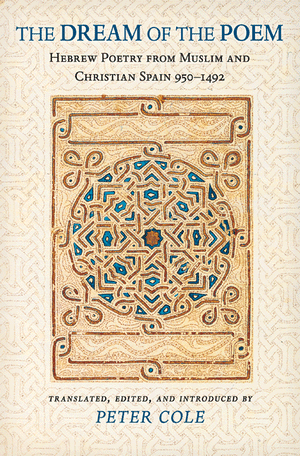When
Bloglines updates with an array of new posts to read, there are a few I always go to first.
The Existence Machine is one of them. And it's one year old tomorrow. I hope it continues to gather the readers it deserves.
Such anniversaries can cause problems though, as
Richard of Baltimore discusses. At some point, usually after a year, the blog takes on an identity separate from its author, and the need to speak which gave birth to the blog in the first place finds the blog has become an obstacle instead.
So, my own blog now refuses to allow overtly political posts, and the kind of philosophical/confessional posts
Spurious has made its own, also seems beyond it. Hence the short, sharp posts here of late. There are only so many times you can say the same thing. But here I go nonetheless, mistakenly.
The regular blogosphere references to "
guilty pleasures" has really irritated me of late. Take a look at this cartoon in the New York Observer which has doing the rounds recently: the
Guilty Pleasures of the Literary Greats. It shows William Faulkner greedily watching TV and offers the caption: "In the early '60's, William Faulkner would, without fail, excuse himself from his dinner guests to enjoy his favourite T.V. sitcom: Car 54, Where Are You?".
Setting aside the unnecessary apostrophe (why do people think that to pluralise a number you need to give it a possessive apostrophe?), where is there any evidence that Faulkner felt remotely guilty about his enjoyment? I mean, if he felt it, wouldn't he hide the reason for leaving his guests?
Of course, this philistine drivel flows from the assumption that Great Art is a Platonic realm and good for you like a sermon, while "guilty pleasures" are what we'd all prefer to engage in instead. When I read litbloggers on this subject, for example the otherwise excellent
LitKicks just the other day, it's like they've been taken over by the Nick Hornby
hypnotoad. It isn't about
snobbery but making the distinction between an ephemeral need and what is needed at the deepest level. How many times does it need saying? If a mass-market, blockbuster paperback offers to fulfil the latter need, then
please tell us about it!
This is why I read litblogs, to find the books I need to read on a very personal level. As I don't read mass-market, blockbuster paperbacks, I'm open to convincing suggestions. I'm not a snob you see. I'm happy to "confess" that I watch lots of trash TV.
Top Gear and
Most Haunted are among my favourites (even though I don't drive or believe in ghosts). But if I'm going to write here about what I watch, I'd prefer to write about
Eloge de l'Amour. Not because I'm "ashamed" of the others or because I'm trying to put up an intellectual front, but for the same reason restaurant critics write about eating the finest food and not about shitting it out.





